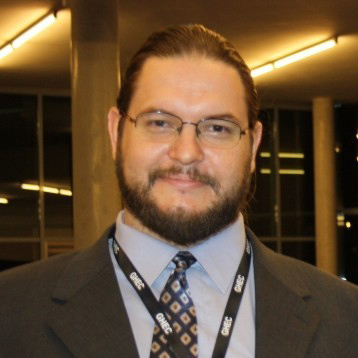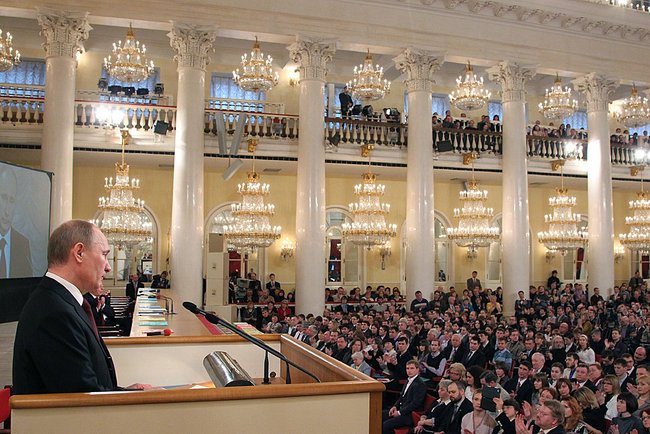President Putin: «We should see the family as our national heritage»
On February 9 President Putin addressed a political conference of a neo-Communist-type movement, which had, among other topics, protection of parental rights and state education issues on its agenda. Mr Putin’s speech came as a sort of response to concerns about attempts to introduce legal methods giving the state, under the pretext of protecting the rights of the child, too broadly defined, sweeping powers to intrude in family life, parent-child relations, and education of children being voiced by many Russians. Mr Putin referred to these concerns as “a strong public reaction [that] was caused by the draft laws proposing direct or indirect regulation of relations between parents and children”. Many commentators took this speech as policy statement of sorts.
Throughout 2012 Russian pro-family oriented experts kept attacking one of the governmental bills considered by the State Duma (Parliament) which gave the state vaguely rationalized sweeping powers to intrude in family life. The draft legislation faced both criticism from pro-family oriented experts (our own FamilyPolicy.ru Group was among them with an analytical report on the bill critical of the proposed law) and mass opposition by the public, including protests, letters to the President demanding to throw out the bill, and so on. In his address, Mr Putin noted that “the draft laws’ provisions … may be ambiguous and contain explicit social risks. Most importantly, they do not take Russian family traditions fully into account”.
He also criticized some of the internationally promoted methods of child protection:
“Russians and almost all the peoples of Russia have centuries-old traditions of a big family, which unites several generations. Care for the elderly and the children always had special importance. We must revive these traditions, while at the same time making every effort to avoid blindly copying other cultures’ experience. This is because the management models of social phenomena are controversial in these spheres and in those countries where the rules of juvenile justice are most widely applied.
There are some advantages and great many disadvantages. Incidentally, the general public is aware of these disadvantages as experienced by Russian families living abroad.”
“Some cases of interference in family life are just absurd and make a mockery of justice,” – remarked President Putin, adding that
“An ill-considered introduction of such mechanisms can lead to the violation of family sovereignty, cause distrust and discord between parents and children, and even outright corruption, when some unscrupulous officials take advantage of such situations” (emphasis added).
He concluded part of his speech devoted to family policy by saying that “The family must be in the centre of public attention and we should see the family as our national heritage”.
There can be differences of opinion on the subject the Russian President himself and the political climate in Russia. As for me, I think people living in the US or Europe often have a simplified view of the realities of Russian politics. Political life in Russia, as in any other country, is multifaceted, and often hard to interpret when viewed through the Western or American perspective. For any society, however, the key to healthy development and the basis on which hopes for the future can be built is the security of the family, of marriage between a man and a woman, and of natural parental rights. So, thinking of the future, no one can object to the bulk Mr Putin’s message.
This seems to be the first time he has expressed his views on the subject that extensively. The fact that a speech such as that had the issue of family and parental rights as its subject is a clear sign of the increasing prominence and importance in acquires in Russian civic society. Soon, I suppose, every politician will have to realize that in Russia one cannot build a political career attacking the natural family and rights of the parents.
It is especially noteworthy that the principles and views endorsed by Mr Putin were constantly voiced before by the leading members of the pro-family expert community, our own FamilyPolicy.ru Group included.
One can only hope that these sensible principles will form the basis of our national family policy and that Russia will become an even more consistently outspoken proponent of the family, parental rights, and traditional family and moral values on the international stage.
photo: the Presidential Press and Information Office


